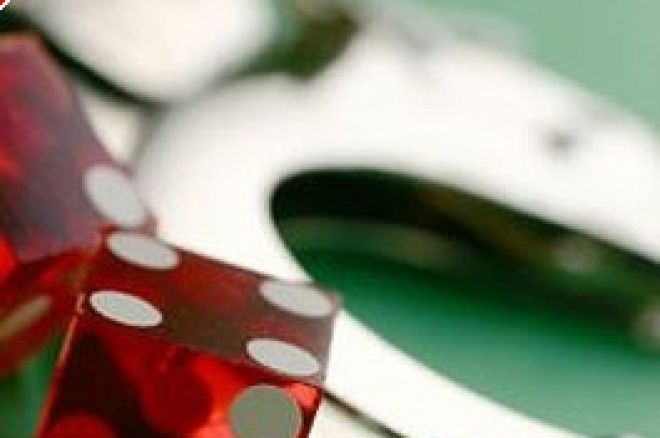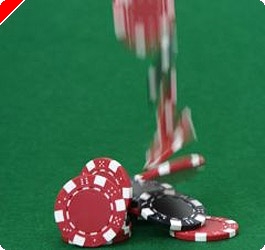South Carolina Poker Raids See Some Defendants Choose Trial

Fed up with antiquated state gambling laws that ban any form of entertainment using cards or dice, several recent defendants in the cases brought against home-game poker players have opted for a trial by jury. The cases stem from the arrests of 65 players alleged to have participated in home poker games in the greater Charleston, SC area. A massive <a href="">April 4th raid</a> targeted three homes in the area where poker was believed to have been played, including one house with an active game in progress that resulted in 27 arrests, including a high-profile deputy prosecutor. Several prominent businessmen, a police officer, a Navy officer and a teacher were among those named in the subsequently issued warrants. $40,000 was reportedly seized in the initial raid, though later reports indicated the actual total seized was tens of thousands of dollars higher.
38 additional people were charged, based on information obtained in the games and from undercover officers who had participated in the games. While the players themselves faced only misdemeanor charges of a few hundred dollars, several of the players have vowed to continue their court fight against the antiquated law. Several dealers at the game raided April 4th face additional and more serious charges.
Public backlash at the original raids and resulting wave of arrests led to increased attention being paid to a couple of state bills related to gambling. One was a 2007 measure introduced by state legislator Wallace Scarborough to allow legal cash poker in home games where no rake was collected. That bill was sent back to committee last week, however, and will not see action until 2009 at the earliest. A second bill, called the "Chuck E. Cheese" bill, attempted to differentiate between tokens-for-prize skill games found at locations such as Chuck E. Cheese pizza parlors and video poker and similar entertainments that could be construed as gambling, even if they offered "prizes" or "coupons" as payouts. That bill was also killed by the South Carolina legislature, leaving the current antiquated laws in place.








